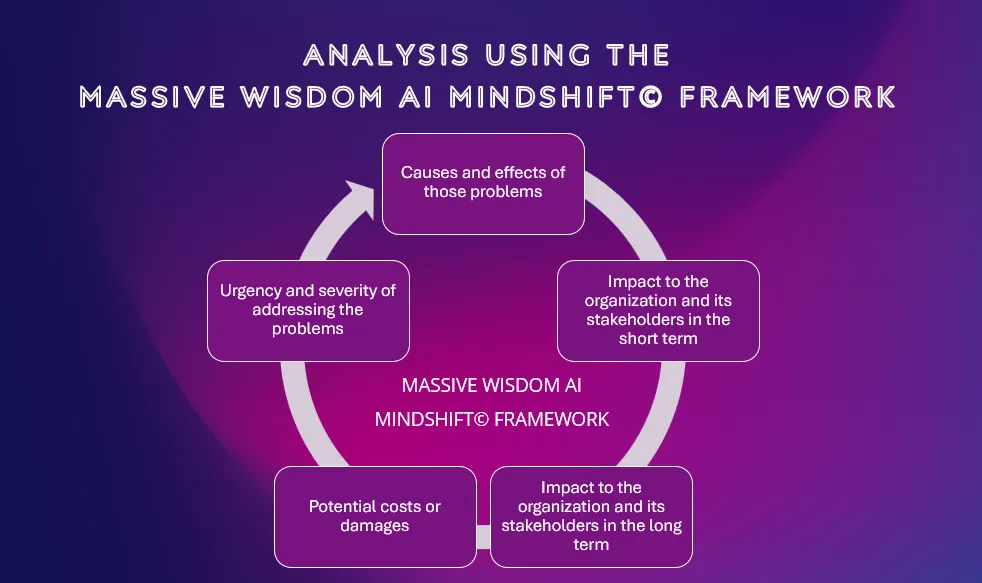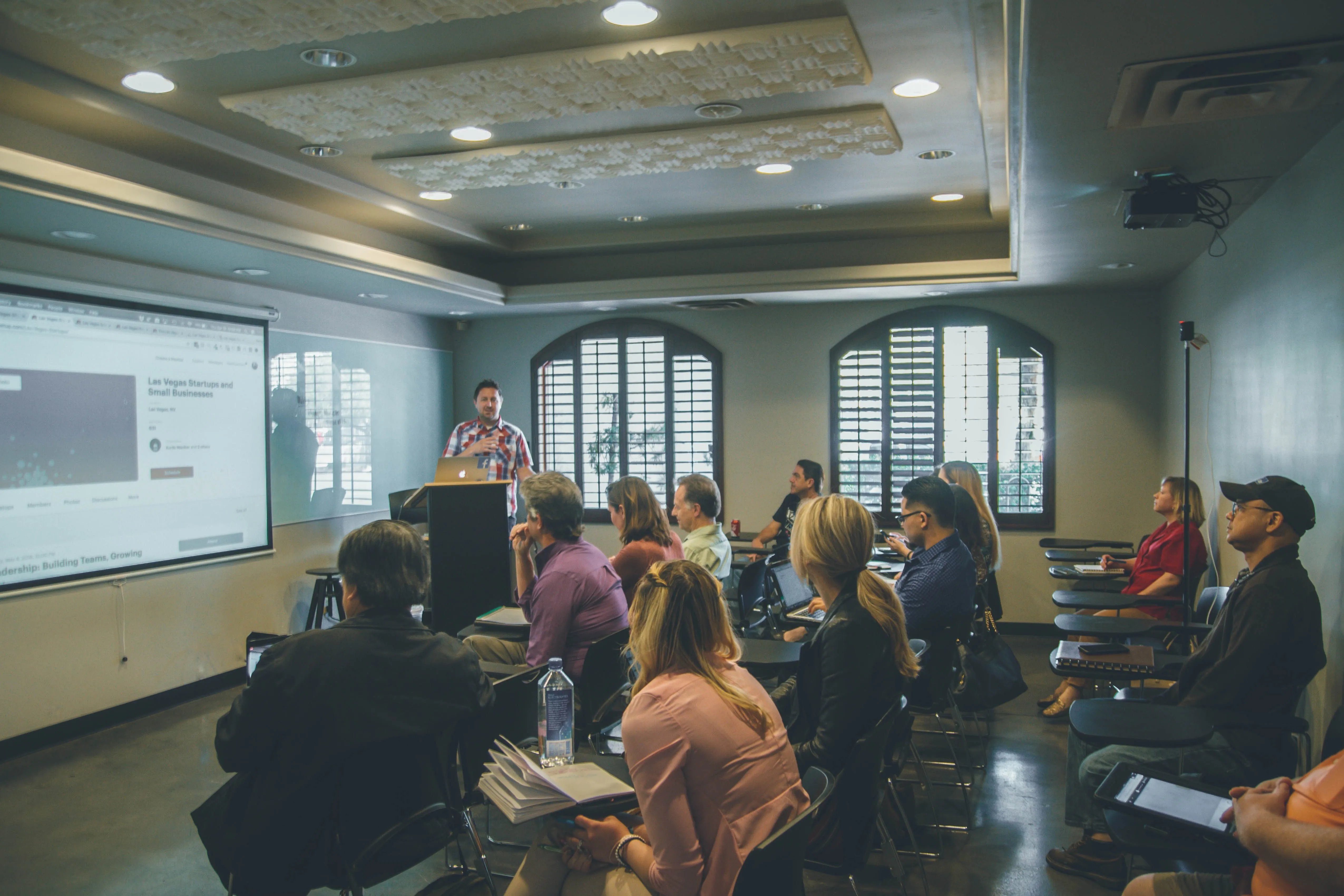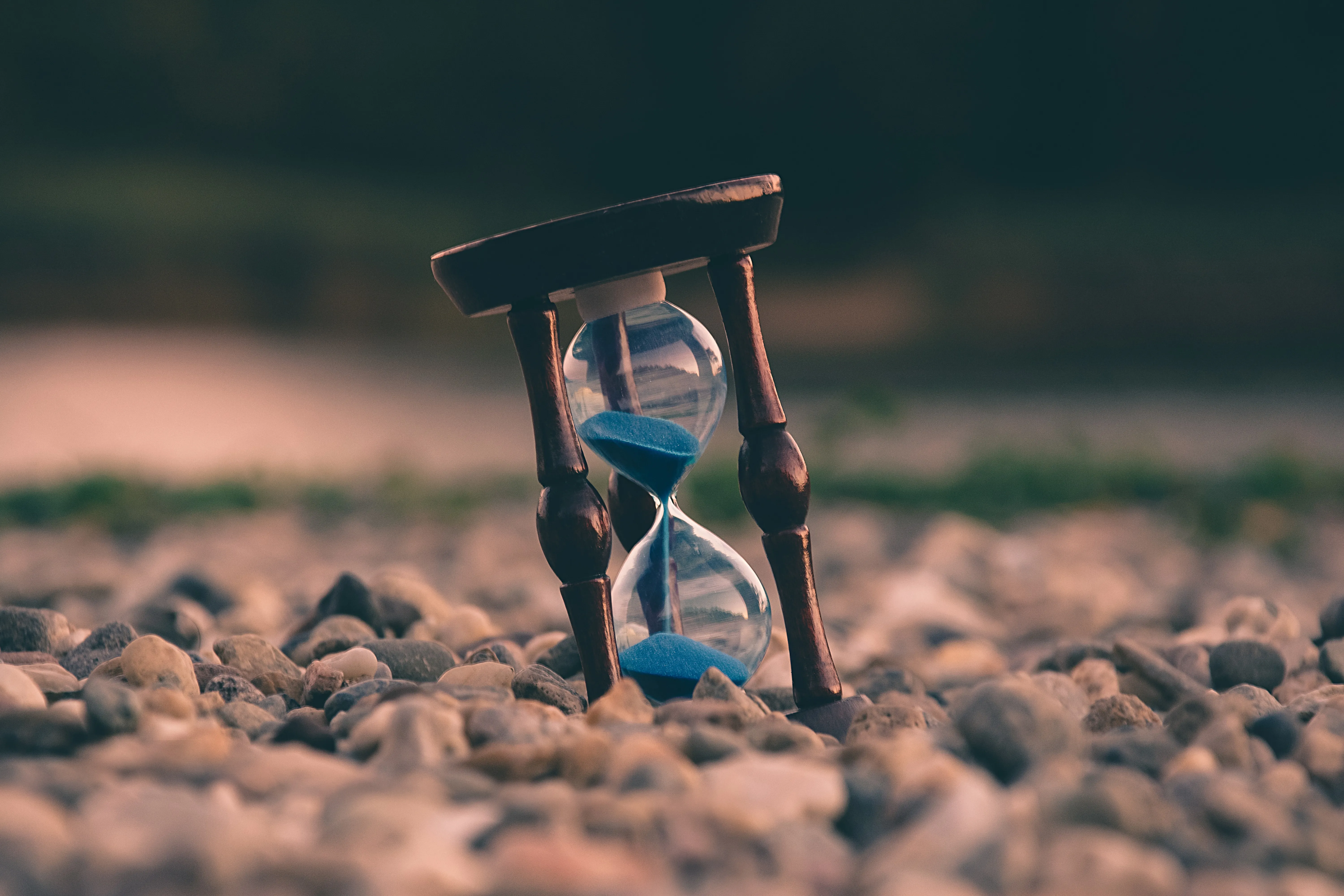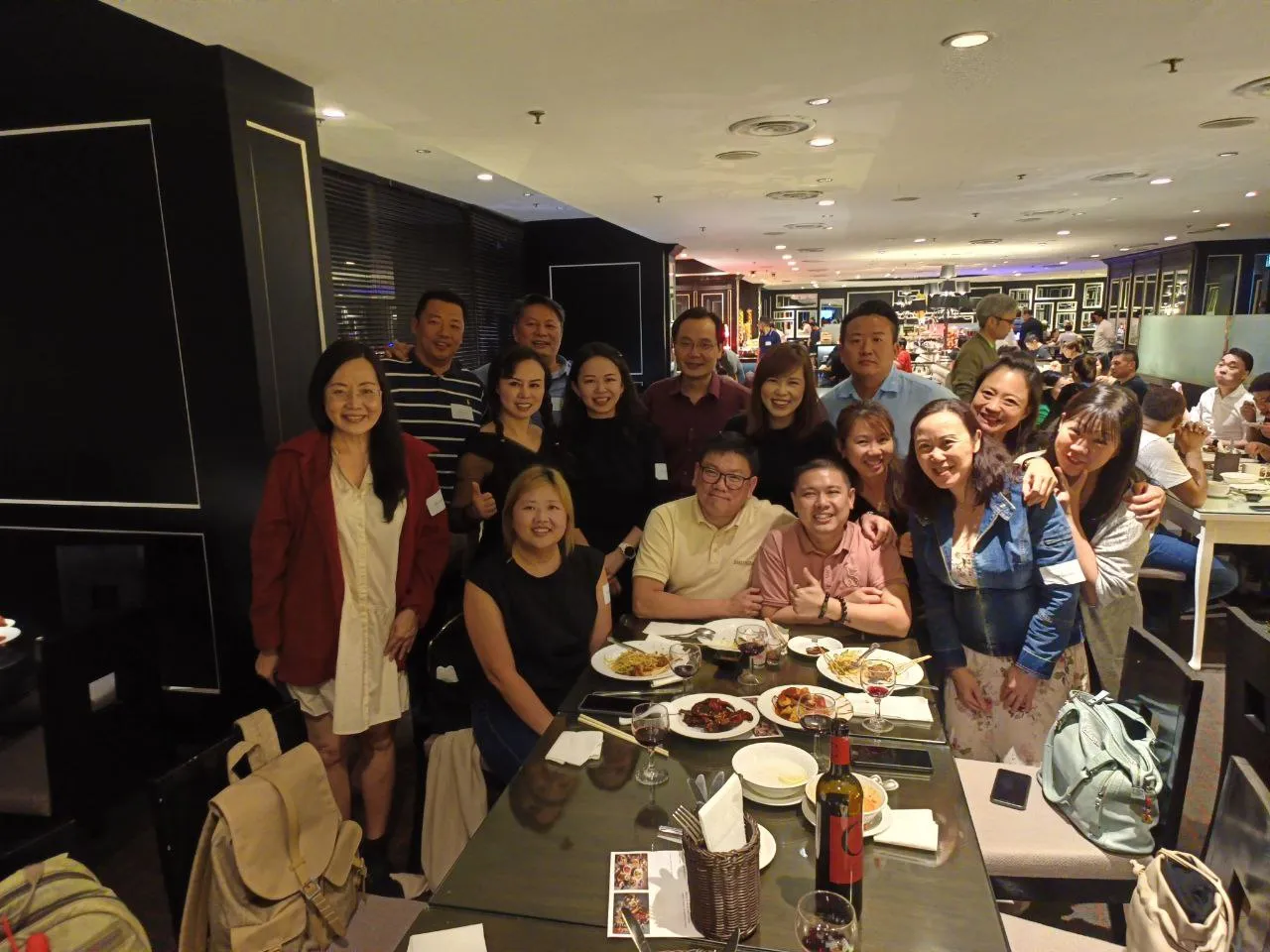Unlocking the Treasure Trove of Academic References: Your Ultimate Guide
As the compass guiding you through the vast seas of academia, Massive Wisdom Group is here to reveal the treasure trove of possible sources for your academic references (Booth, Colomb, & Williams, 2008). Whether you're writing a research paper, thesis, or simply looking to bolster your arguments, knowing where to find reliable sources is crucial (Strunk & White, 1979). In this guide, we unveil the diverse array of resources at your fingertips (Turabian, 2018).

1. Books:
The cornerstone of academic research, books offer in-depth knowledge on specific topics (Hacker & Sommers, 2020). Look for textbooks, scholarly monographs, and authoritative publications from renowned authors and publishers (Johnson, 2021). Remember to include the author's name, title, publication date, and publisher in your references (Creswell & Creswell, 2017).
2. Journals and Research Articles:
Peer-reviewed journals are treasure troves of up-to-date research and expert analysis (American Psychological Association, 2020). Use databases like JSTOR, PubMed, and Google Scholar to access a wide range of academic articles (Booth, Colomb, & Williams, 2003). Include the author(s), article title, journal name, volume, issue, page numbers, and DOI (if available) in your citations (Strunk & White, 1979).
3. Websites and Online Articles:
The internet is a vast resource for academic information (Booth, Colomb, & Williams, 2008). Many universities, institutions, and organizations publish research and reports online (Strunk & White, 1979). When citing online sources, include the author's name (if available), the title of the webpage or article, the URL, and the date of access (Turabian, 2018).
4. Databases and Research Repositories:
Explore academic databases like ProQuest, EBSCOhost, and arXiv for comprehensive collections of research papers and theses (Hacker & Sommers, 2020). Cite these sources following the standard citation styles recommended by your institution (Johnson, 2021).
5. Government Publications:
Government websites often provide valuable data, reports, and statistics (Creswell & Creswell, 2017). Include the government agency or department, the title of the document, the publication date, and the URL (if available) in your references (American Psychological Association, 2020).
6. Conference Proceedings:
Conferences are platforms for scholars to present their research (Booth, Colomb, & Williams, 2003). Search for conference proceedings in your field, and cite them with the author(s), paper title, conference name, date, and location (Strunk & White, 1979).
7. Dissertations and Theses:
Doctoral dissertations and master's theses can be excellent sources of in-depth research (Creswell & Creswell, 2017). Include the author's name, thesis title, degree, university, and year of completion in your citations (Turabian, 2018).
8. Newspapers and Magazines:
News articles can provide current perspectives and background information (Hacker & Sommers, 2020). Cite newspaper articles with the author's name, article title, newspaper name, publication date, and page number (if applicable) (Johnson, 2021).
9. Interviews and Personal Communications:
If you've conducted interviews or received personal communications, include the interviewee's name, the date of the interview, and a brief description in your references (Creswell & Creswell, 2017).
10. Social Media and Blogs:
In some cases, social media posts and blog entries from experts or reputable sources may be relevant (Booth, Colomb, & Williams, 2008). Cite these sources with the author's name (if available), the title of the post, the platform, the URL, and the date (Strunk & White, 1979).
11. Multimedia Sources:
For multimedia sources like videos, podcasts, or documentaries, cite the creator(s), title, type of source, the platform (e.g., YouTube, podcast platform), and the URL (Hacker & Sommers, 2020).
12. Encyclopedias and Reference Works:
Reference works like encyclopedias and dictionaries can provide concise overviews and definitions (Johnson, 2021). Include the entry title, the name of the reference work, the edition (if applicable), and the publication year (Creswell & Creswell, 2017).
13. Personal Observations and Experiences:
In some cases, personal observations or experiences may be relevant (Turabian, 2018). Cite these sources with a description of the observation or experience and the date (Strunk & White, 1979).
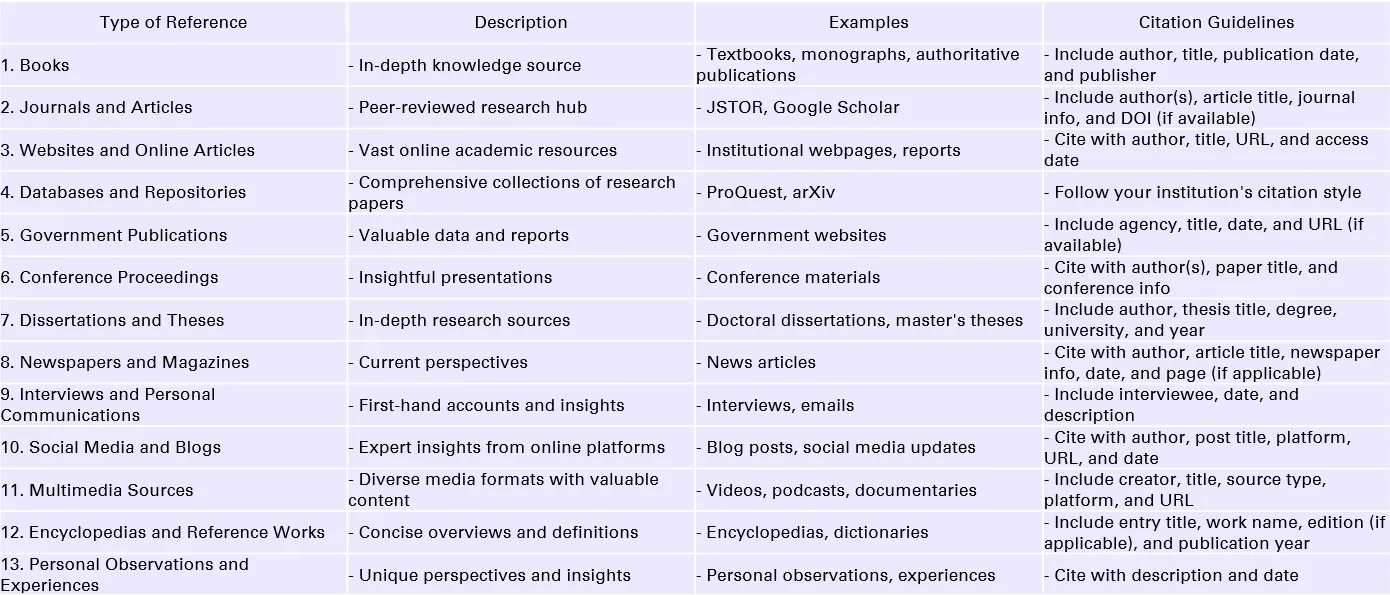
Massive Wisdom Group Reference Sources Table
Remember, the key to effective referencing is consistency and accuracy (American Psychological Association, 2020). Always follow the citation style recommended by your institution or publication, whether it's APA, MLA, Chicago, Harvard, or any other (Johnson, 2021). By harnessing this treasure trove of academic references, you'll elevate the quality and credibility of your scholarly work (Creswell & Creswell, 2017). Happy sourcing and referencing!
References
- American Psychological Association. (2020). Publication Manual of the American Psychological Association (7th ed.). American Psychological Association.
- Booth, W. C., Colomb, G. G., & Williams, J. M. (2003). The Craft of Research (2nd ed.). University of Chicago Press.
- Booth, W. C., Colomb, G. G., & Williams, J. M. (2008). The Craft of Research (3rd ed.). University of Chicago Press.
- Creswell, J. W., & Creswell, J. D. (2017). Research Design: Qualitative, Quantitative, and Mixed Methods Approaches (5th ed.). Sage Publications.
- Encyclopedia Britannica. (2020). Encyclopedia Britannica (15th ed.). Encyclopedia Britannica, Inc.
- Hacker, D., & Sommers, N. (2020). A Writer's Reference (9th ed.). Bedford/St. Martin's.
- Johnson, T. P. (Ed.). (2021). Handbook of Survey Methodology for the Social Sciences. Springer.
- Merriam-Webster. (2019). Merriam-Webster's Collegiate Dictionary (11th ed.). Merriam-Webster.
- Modern Language Association. (2016). MLA Handbook (8th ed.). The Modern Language Association of America.
- Oxford English Dictionary. (2019). Oxford English Dictionary (3rd ed.). Oxford University Press.
- Strunk, W., & White, E. B. (1979). The Elements of Style (4th ed.). Allyn & Bacon.
- The Chicago Manual of Style. (2017). The Chicago Manual of Style Online (17th ed.). University of Chicago Press.
- Turabian, K. L. (2018). A Manual for Writers of Research Papers, Theses, and Dissertations (9th ed.). University of Chicago Press.
By Alvin Lam Wee Wah
and Team at Massive Wisdom Group
Interested in what you've read and want to know more or collaborate with us? Contact us at customersuccess[a]massivewisdomgroup.com replacing the [a] with @.

